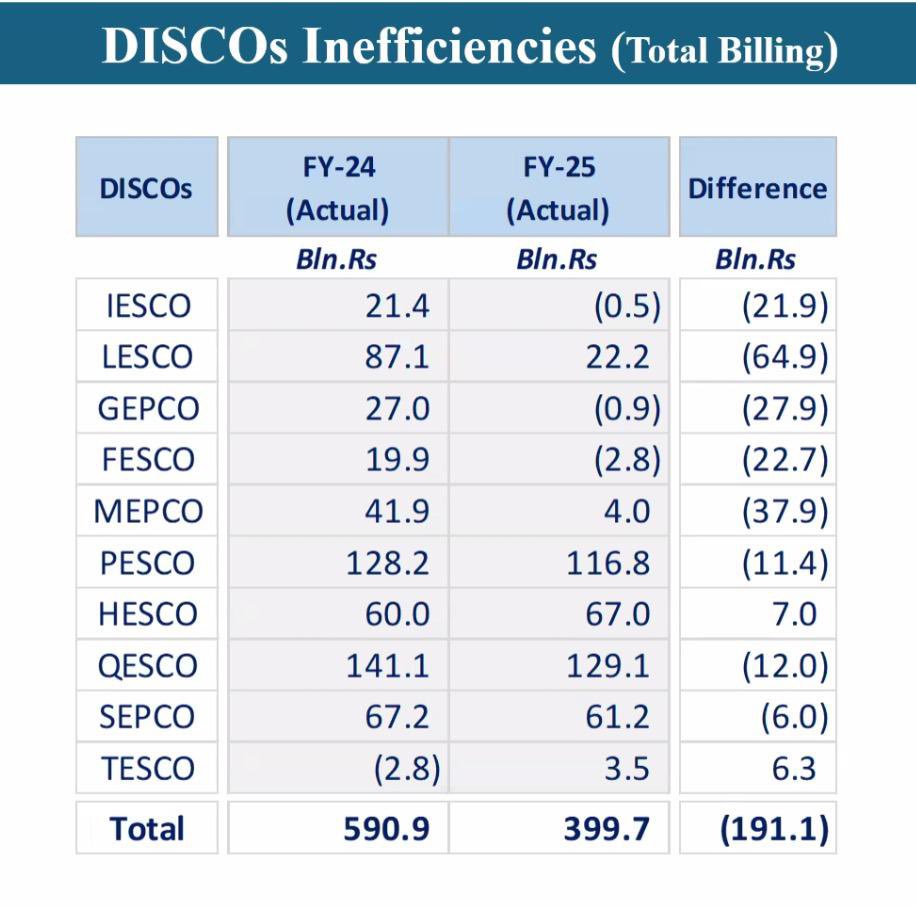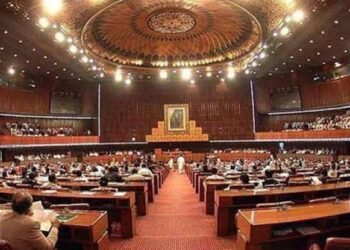ISLAMABAD; The Power Division is preparing to present another plan to the federal cabinet aimed at amending the returns on solar net metering and eliminating electricity duty collected through consumer bills, a proposal that continues to face resistance from provincial governments.
Speaking at a press conference on Thursday, Power Minister Awais Leghari said he would put forward a revised proposal within the next couple of weeks. The new plan, developed after consultations with stakeholders, proposes extending the payback period for investments in net metering systems to two or three years instead of the current 1.5 years.
Leghari also announced that the Power Division had submitted a summary to the cabinet to approve rules for wheeling charges, a crucial move toward launching a competitive electricity trading market. He further revealed that the government was exploring plans to offer 5,000-6,000MW of surplus electricity at marginal costs to industries such as data centres and cryptocurrency mining, in discussions with the IMF.

He noted that while changes to the net metering framework would not decrease electricity tariffs, they would help prevent future hikes. Without intervention, he warned, the rapid growth of solar installations could worsen grid imbalances. Combining the sale of excess power with steps to manage solar expansion would stabilize the grid.
Leghari clarified that consumers who adopted solar net metering under past policies would not be penalized, but stressed that the high returns on these systems were no longer justified. He warned that if left unchecked, even net metering users would eventually face hefty bills.
Highlighting other cost-saving efforts, Leghari said the government had saved more than Rs3 trillion by renegotiating deals with independent power producers (IPPs) and canceling around 10,000MW of planned capacity out of 17,000MW, avoiding Rs4 trillion in future payments. Adjusting net metering incentives remains on the agenda.
The minister shared that he had written to chief ministers informing them that power distribution companies (Discos) would stop collecting electricity duty for provinces. Only one province has responded so far; after hearing from the others, the matter will go to the cabinet for a final decision.

He pointed out improvements in governance, saying the Power Division reduced overall losses, including billing shortfalls and technical inefficiencies. In FY24, losses due to underbilling and technical issues totaled Rs591 billion. This figure fell by Rs191 billion to Rs399 billion in FY25 through improved recoveries.
Leghari said new boards appointed to Discos on merit had played a key role. Discos were set a target to cut losses by Rs100 billion annually over five years, but had already exceeded this by reducing losses Rs191 billion in just one year. Bill recoveries improved from 92.4% in FY24 to 96.6% in FY25, slashing losses to Rs132 billion. Meanwhile, T&D losses dipped slightly from Rs276 billion to Rs266 billion.
The minister also disclosed that Lesco had uncovered significant electricity theft at four major factories. Despite resistance from influential owners, government backing ensured the crackdown succeeded.
On K-Electric, Leghari said rising imports from the national grid justified extending uniform tariff principles, including fuel and quarterly adjustments. Imports rose from 1,000MW to 1,600MW and will soon climb by another 400MW.
Finally, he acknowledged that earlier LNG contracts were based on outdated assumptions. Stressing the importance of fuel merit order, he called for revisiting these contracts, similar to past revisions with IPPs.






































































